“Hotels should see their beds as a key value-added element in their business and treat them accordingly,” Jens Rosenbaum sums up the matter in a nutshell. The sleep expert is a journalist, author and publisher (“Das Bett im Hotel“, Erich Schmidt Publishing House) and has been advising hotels on sleeping comfort for many years. This is helpful advice, because good sleep is becoming increasingly important for hotel guests. This is also illustrated in a study conducted by the Fraunhofer Institute for Industrial Engineering, which deals with the future of the hotel industry. In this study, 98 percent of the 3,000 people polled stated that they considered a good bed to be particularly important. For Thies Sponholz, managing director of the Hamburg hotel The Fontenay, the sleep factor is also key. “We have placed a special focus on choosing our beds, because sleep quality is one of the most important factors during a stay and contributes greatly to the general impression of our hotel.”
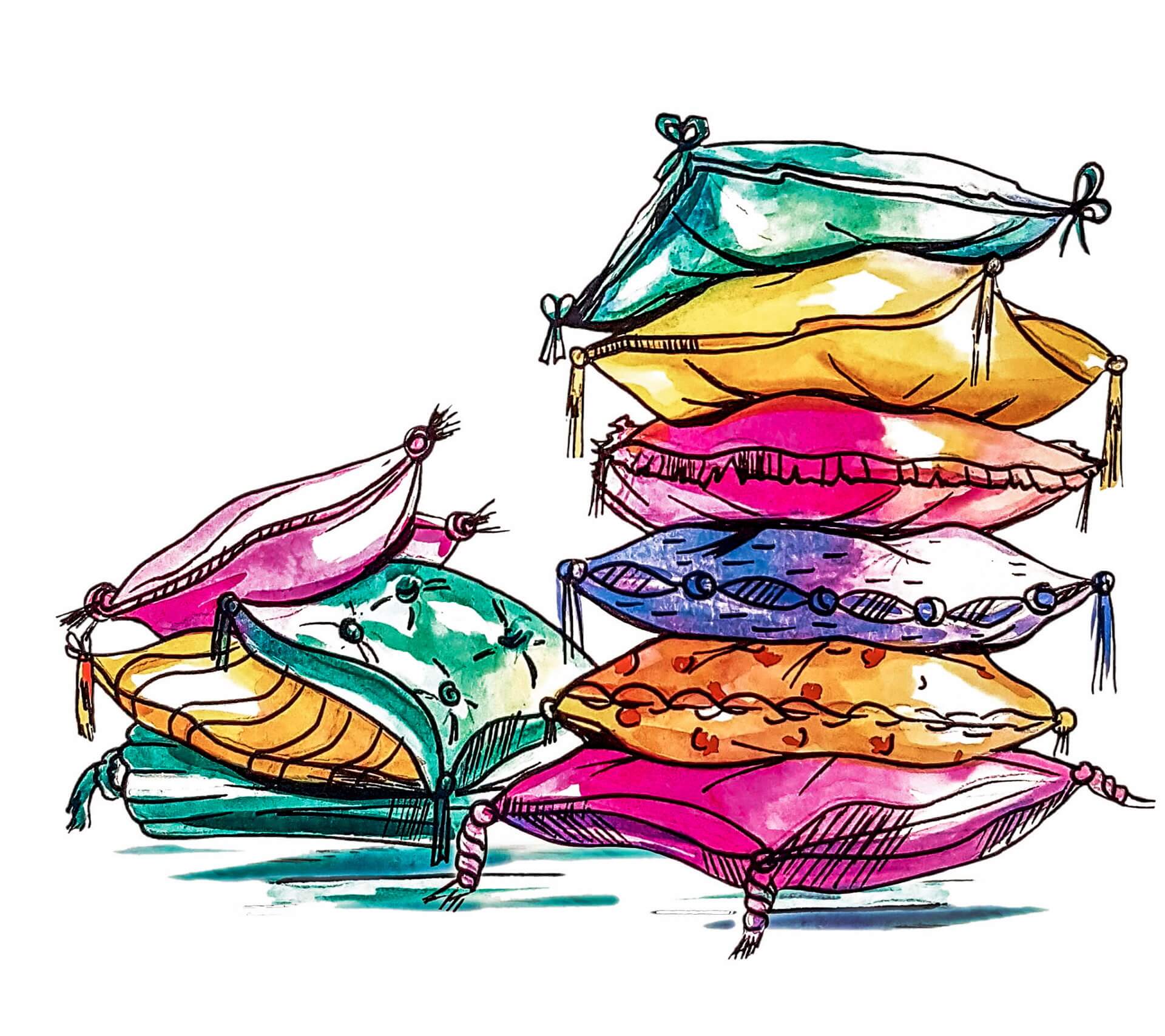
Image: Viktoria Madl-Dets
What a bed needs
Rosenbaum summarizes the nature of a bed as follows: “First and foremost, for a good night’s sleep, a lying surface is needed that allows the body to lie horizontally without creating pressure points. In addition, it needs to offer sufficient support so that the spine, in line with its natural shape, can lie as tension-free as possible. The shoulders and pelvis must sink in a little while the lumbar spine is being supported.” This requires a suitable pillow, mattress and slatted base. You shouldn’t skimp on any of these components. For Rosenbaum, a mattress that is simply placed on a board is an absolute no-go. “If you do this, you’ll wake up on the wrong side of the bed.” Florian Weitzer, owner of the Weitzer Hotels, works with different carpenters and interior decorators when designing beds for his hotels. “When designing a bed, it takes at least five test runs before I’m satisfied,” says the hotelier. Different concepts are developed for each of his hotels. Nevertheless, quality remains equally high in all his hotels and categories. “Why should someone sleep worse in a standard room than someone in a suite?”
Quality makes all the difference
While we sleep, our body temperature decreases and the respiratory function of the skin increases. “This is where the bed linen and duvets play a role in regulating both temperature and moisture to prevent sweating or feeling cold,” explains Rosenbaum. “Instead of using the air conditioning system, the individual warmth needs of the guests should be regulated by using different duvets.” Breathable, high-quality materials make the difference here. Andrea Fuchs, director of the Vienna hotel Sans Souci agrees. “Our duvets and bedding come from the Vorarlberg manufacturer Hefel. Natural fibers, down filling and body-hugging quilting in the blankets perfectly regulate temperature and humidity.” The hygiene covers should also be air-permeable so that the skin can breathe. “We protect our mattresses with protective Gore-Tex covers, a very supple, breathable material that does not make any noise and is easy to wash,” says Fuchs. Restaurateur Michel Péclard opened the Milchbar in Zurich, Switzerland’s smallest hotel, since it only consists of one hotel room. He has chosen eiderdown for his duvets. “The airy-light, unrivalled and very expensive eiderdown used in our duvets is a very important feature. Eiderdown is not from the eider ducks’ plumage, but rather a sort of cotton wool that they use to line their nest for their chicks. If you want to feel as comfortable and safe as a duckling, then eiderdown is the only way to go.”
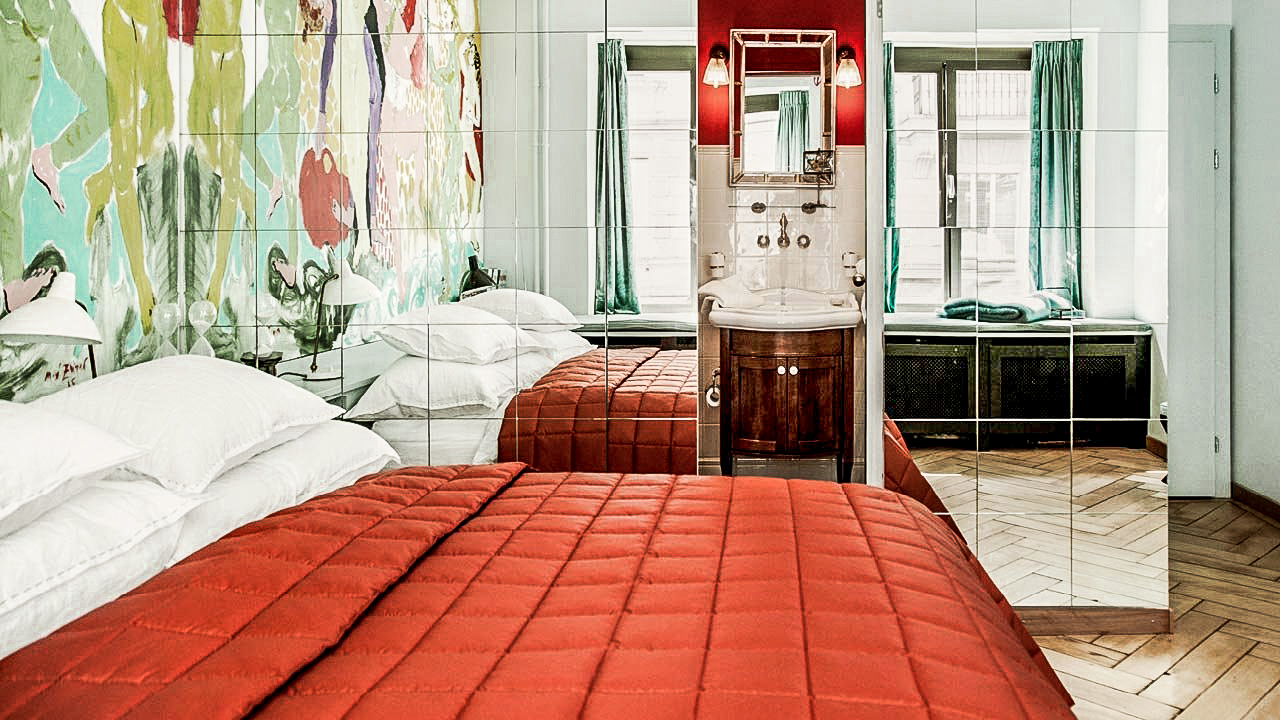
Milchbar | Image: Xandra M. Linsin
Spring based or cold foam
“When it comes to mattresses, the guest would like to be able to individualize the degree of firmness at least to a certain extent. In many cases, hotel mattresses are simply too firm for them,” says Rosenbaum. One possibility is to use topper pads with different degrees of firmness. “When it comes to the quality of mattresses, the spectrum is wide and decisive for a restorative rest. In our hotel we use mattresses from Treca Paris, and in our master suites we have beds and mattresses from Vispring,” says Fuchs. Péclard also uses a box spring bed from Vispring for his hotel room. For The Fontenay a special line was created by Schramm Werkstätten.
Here’s how to get a good night’s sleep
The room
- The ideal room temperature is 59 – 64 degrees Fahrenheit, the ideal air humidity at the onset of sleep should be 40 percent.
- Even low light inhibits melatonin production, making it difficult to fall asleep. Roller blinds or curtains made of thick fabric can help with this.
- Guests are particularly sensitive to noise on their first night. In an unfamiliar environment, our brain functions like an alarm system that wakes up the body at the slightest noise. Carpets, sound-optimized windows and sound-absorbing materials reduce this “first night effect.”
- Smells can be as disturbing as sounds. Therefore, providing an odor-neutral room and offering soothing aromas as an extra service is key.
The bed
- Mattresses must be able to adapt exactly to the individual needs of the person reclining. Cold foam mattresses such as those from Swissfeel or pocket spring mattresses are ideal for this. Treca Paris, Vispring, Haestens and Schramm Werkstätten are among the most exclusive manufacturers.
- Never skimp on the slatted base. Even the most exclusive mattress loses its effectiveness on a piece of particle board. The most common options here are box spring or slatted frame.
- Duvets and pillows should be made of non-allergenic, breathable natural materials. Down is a classic. For example, cashmere, bamboo, eiderdown or wild silk are among the more exclusive fillings available from the Vorarlberg specialist Hefel.
- Test it out yourself Spend one or two nights sleeping in the bed yourself to get a feel for the bed and make improvements if needed.
- Regular cleaning of the encasings and mattresses.
The service
- Inform the guest in advance about service options.
- Provide a pillow menu allowing the guest to choose their own personal favorite.
- Offer different covers so that guests do not have to regulate the temperature via air conditioning.
- Work with different toppers, so that the guest can individualize the firmness of their mattress.
- Offer different mattress sizes: Starting at a height of 5 foot 9,
if a guest moves a lot, you need a mattress 6 foot 5 in length - Let the guest know about hygiene standards.
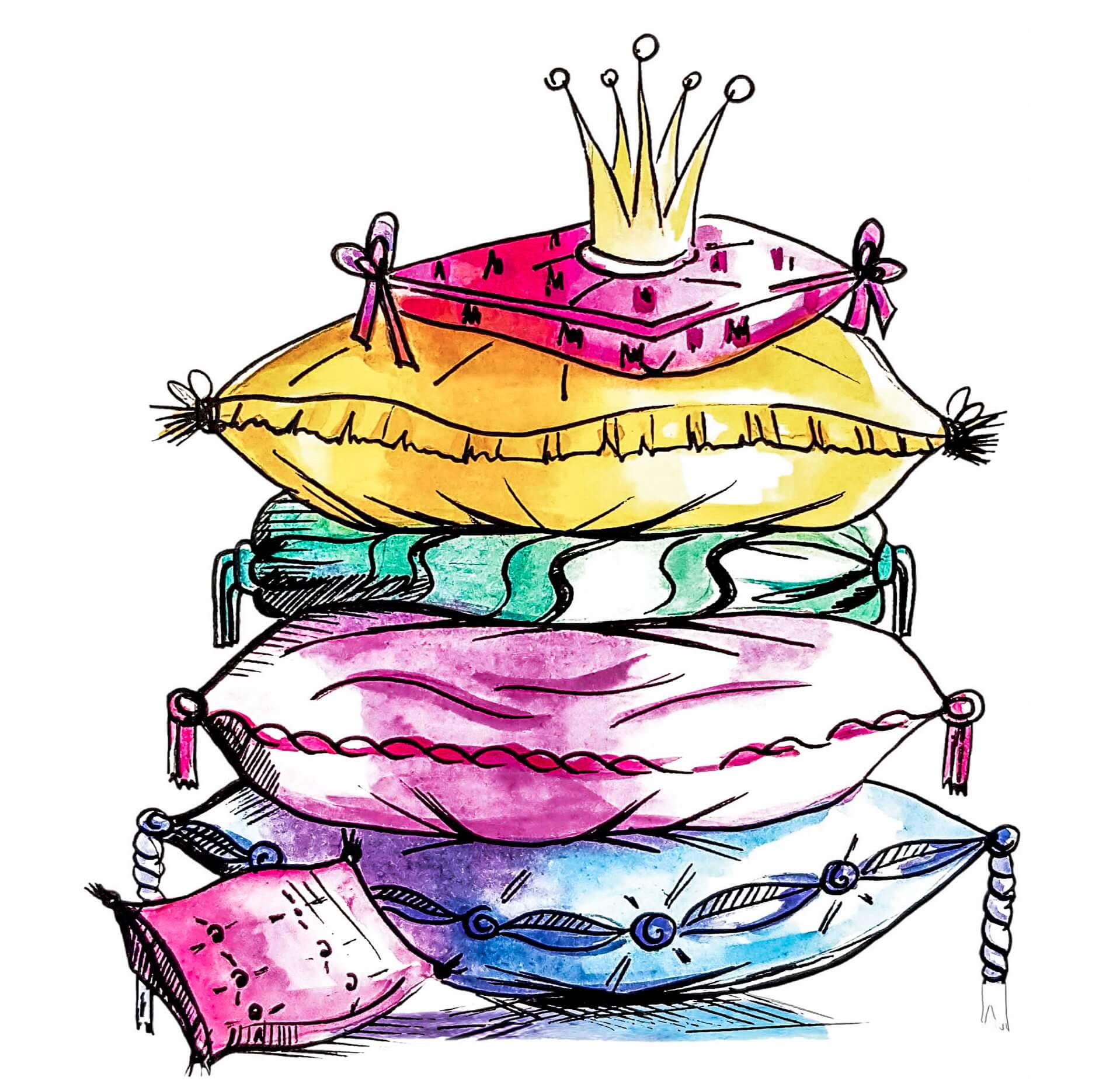
Image: Viktoria Mandl-Dets
For the manager Sponholz, good sleep is a combination of several factors. “I consider high sleeping comfort to be the interplay of all components: the mattress, the bedding and the topper. The position of the bed in the room also contributes to my sense of well-being.”
Overall, 80 percent of hoteliers in the DACH region still prefer feather-based mattresses. However, cold foam is also becoming increasingly popular. For example, the Swiss company Swissfeel offers fully washable foam mattresses.
Other factors for good sleep are quietness, no unfamiliar smells, darkness and a balanced room climate.
Thinking about sleep
In addition, a growing number of hotels are offering services designed to enhance the sleeping comfort of their guests. “Of course, it takes a lot more than simply having a good bed. The entire experience has to be right. This starts right away with the initial greeting, which needs to be a warm welcome. Other important factors are the hotel’s location, room size, floor plan, interior etc. However, for us the number one feature is uniqueness. As a guest, I want to feel that I am special, looked after and appreciated,” explains the Swiss hotelier Péclard. For example, many upscale hotels have extensive pillow menus. In Sans Souci, guests can choose between nine types of pillows. You also have the option to fill out a guest card with your preferences. If you do so, the bed will be made up exactly to your specifications on your next stay. “When I plan a hotel, I try to remain as flexible as possible by offering different types of rooms with different beds and comprehensive service. This allows me to respond to the many different requests of my guests,” says the Viennese hotel director. Extra large sizes are also included in their service. For example, The Fontenay offers special mattress lengths at 6 foot 8 and 7 foot 2. At Naturhotel Forsthofgut in Leogang, additional sleeping aids are also available. In their pillow menu you will find stone pine and herb fillings, and you can order a custom-made anti-stress drink at the bar on request. There is also a greenroom where indoor plants positively enhance the indoor climate and therefore the night’s rest. The hotels’ additional sleeping offers include in-house soothing perfumes or meals that are particularly easy to digest.
The family room challenge
There are different factors involved when it comes to children’s and baby beds. “The younger the audience, the lower the need for lying comfort. When we were kids we could sleep almost anywhere.” Therefore, their beds can be simple, with little or no slat base. What is important, however, is that family members do not disturb each other while sleeping. Forsthofgut realized this and quickly equipped all family rooms with separate bedrooms.
Hygiene: an issue for the future
Rosenbaum is certain that the coronavirus pandemic will further increase the guests’ need for hygiene: “The guests want to know that they are safe and this will include stricter hygiene standards in the future.” Therefore, among other things, hygiene protection, which prevents mattresses from becoming soiled, should never be forgotten during cleaning. Since it gets dirty extremely quickly, the mattress protector should be cleaned once a week. Mattresses also require regular and thorough cleaning. The future might also move towards fully washable mattresses, for example. “For a while now, fully washable mattresses have become available, as well as suitable washing systems,” explains Rosenbaum. For example, the Viennese start-up MatWash launched such a cleaning system this year. As a final tip, Rosenbaum adds, “A good strategy could be to provide some sort of certification to the guest. This can be carried out by hygienists, include transparent information on hygiene standards or be based on confirmations supplied by the cleaning companies. This would definitely help to build trust with guests.”


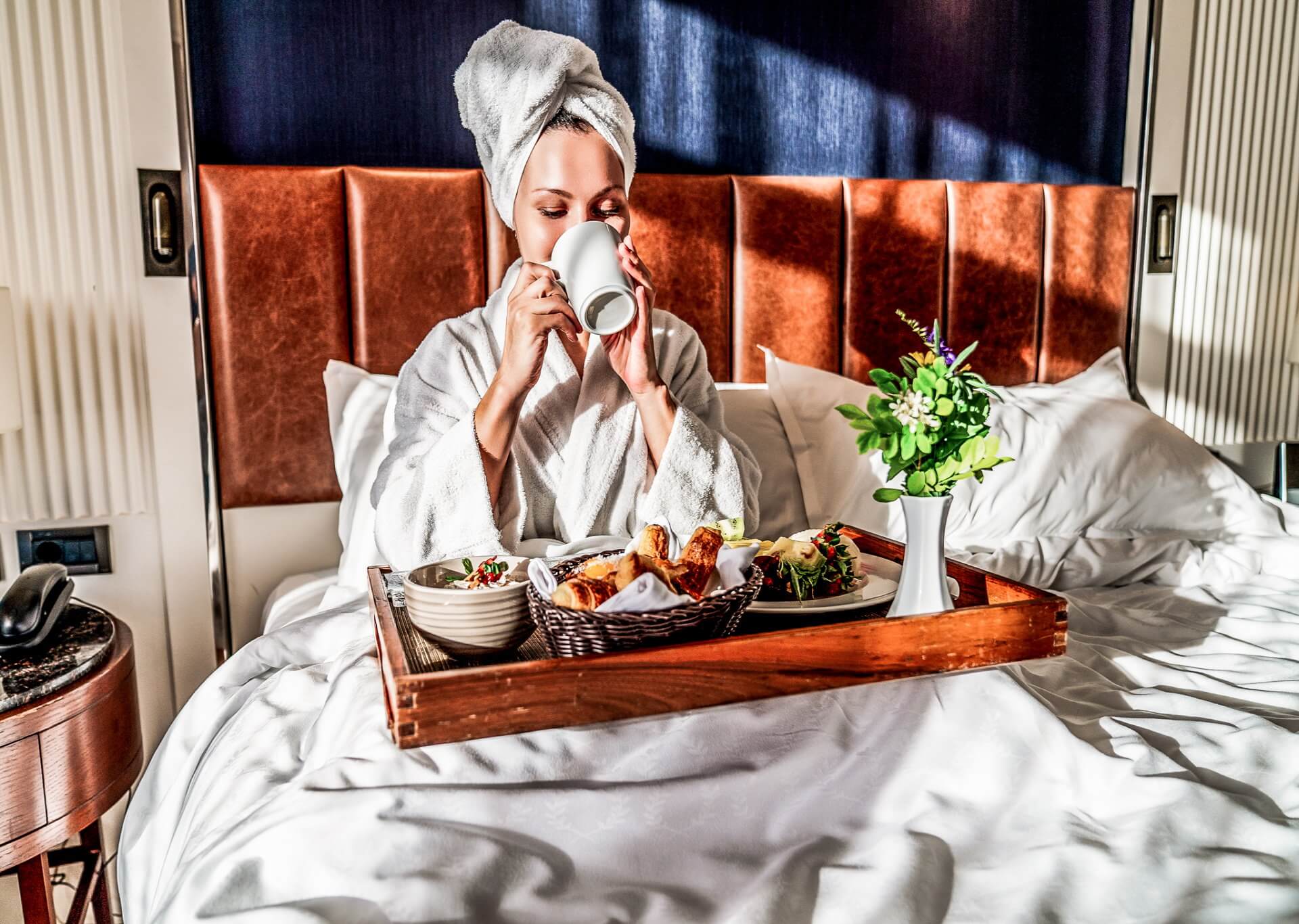

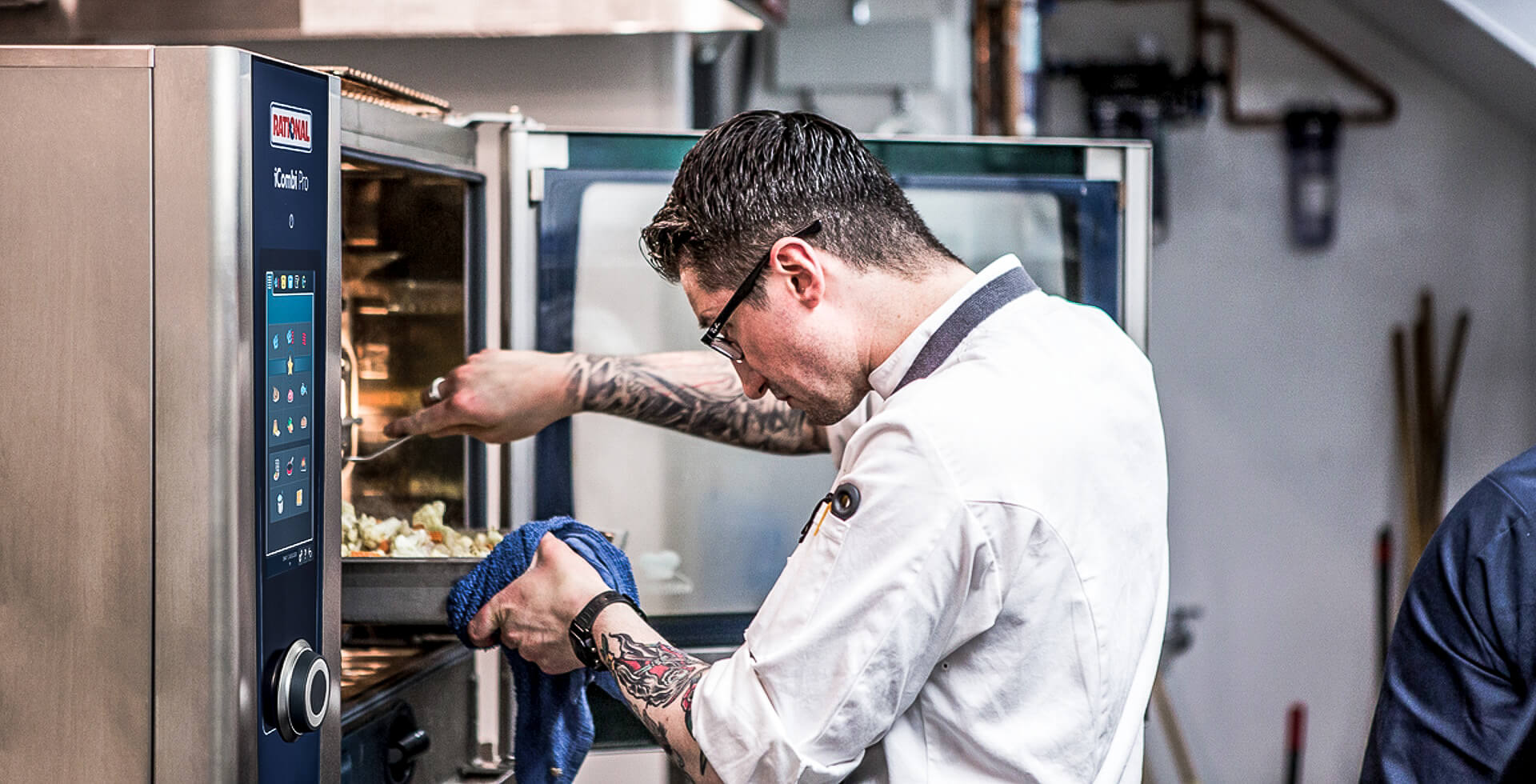
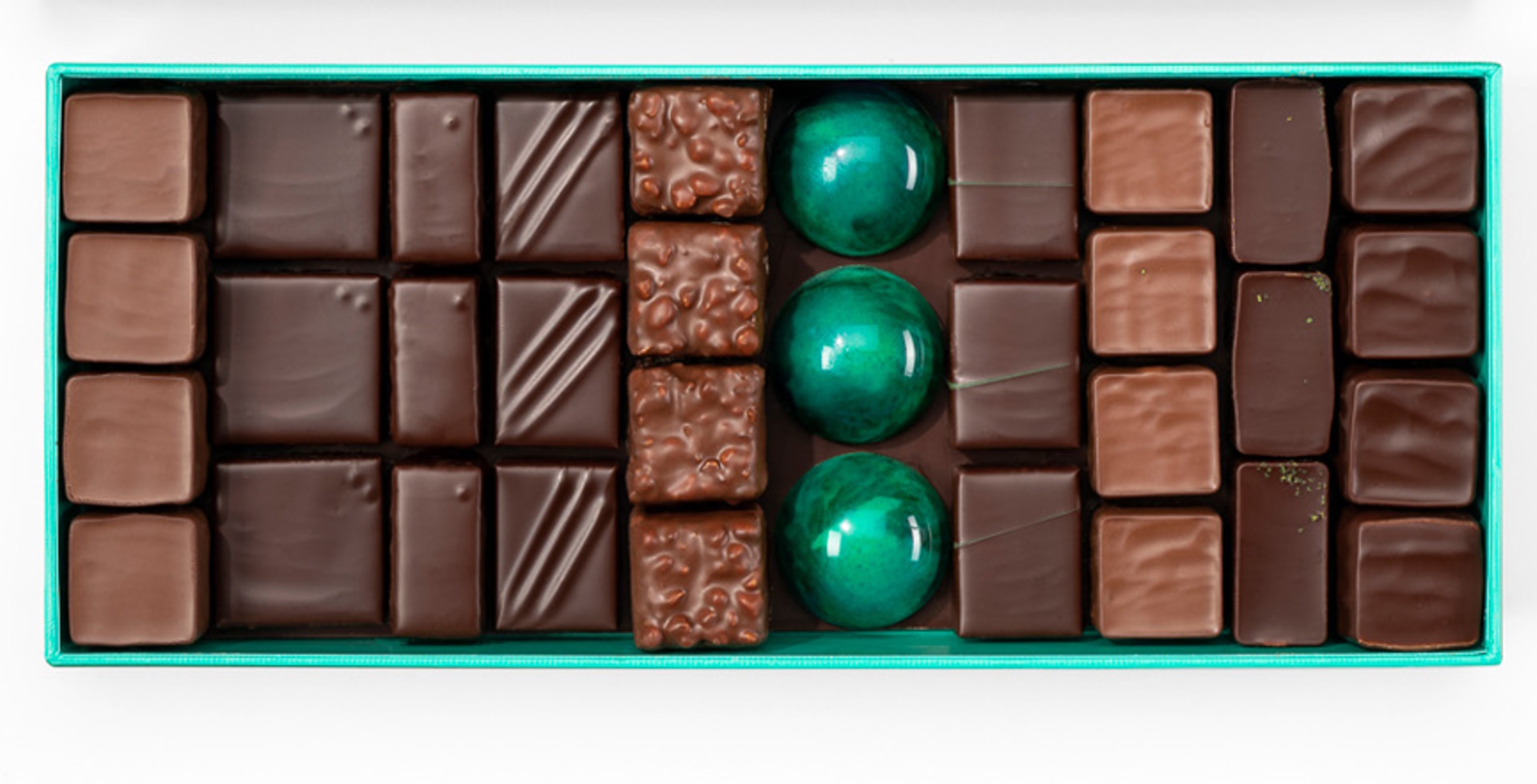





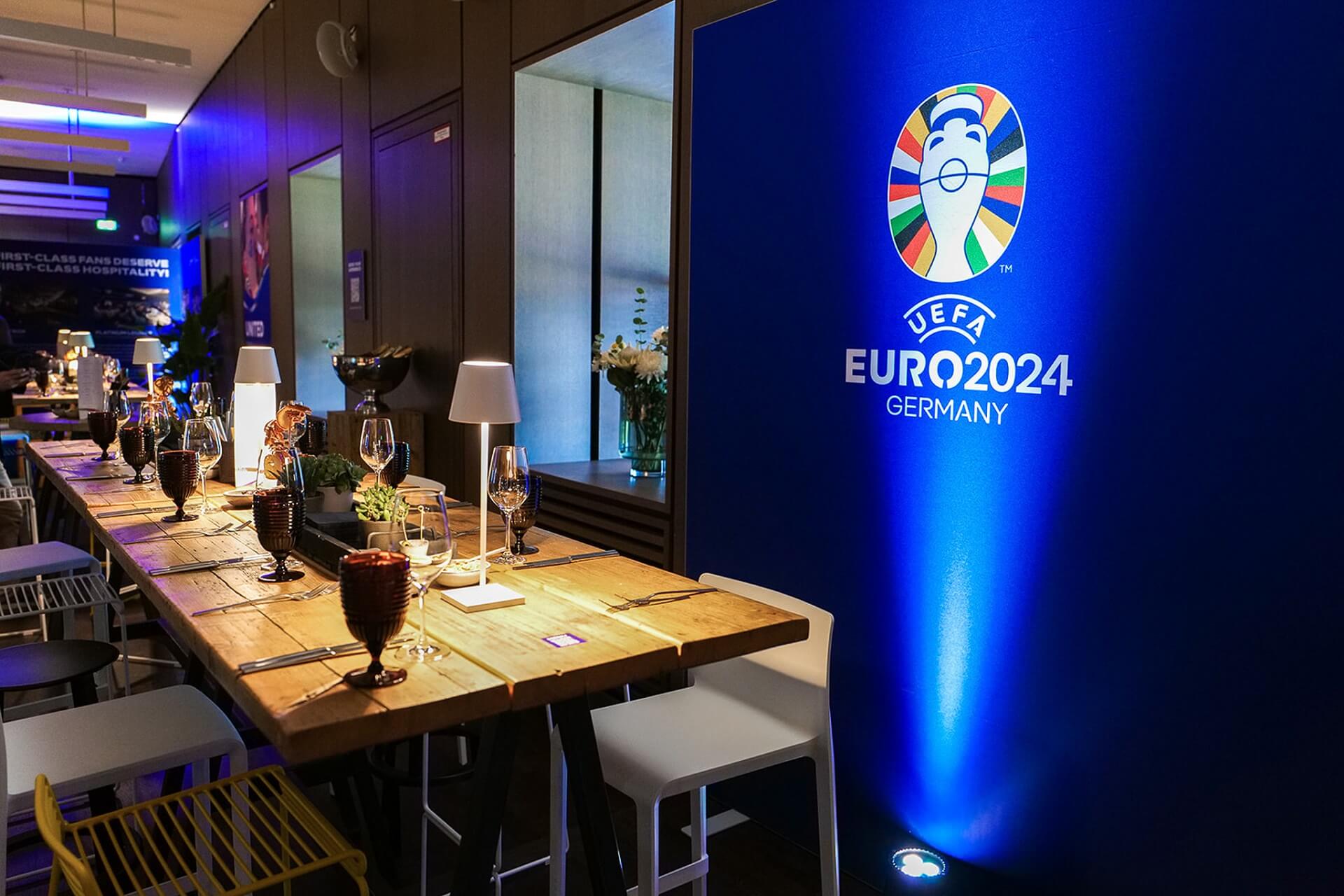

Pingback: The future of the hotel industry | KTCHNrebel